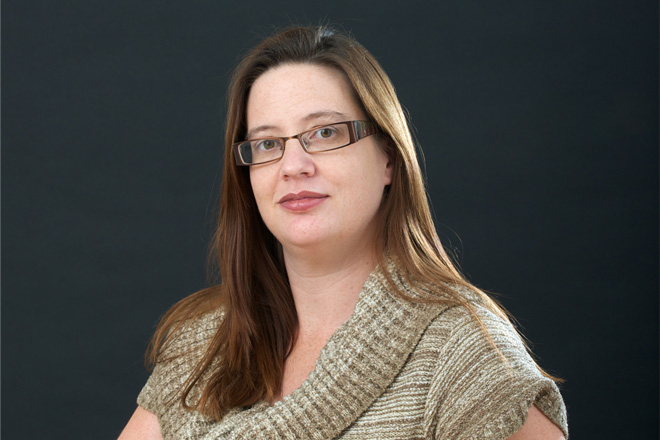Britain has been dubbed the “claims capital of Europe”, and in no industry is this culture more rife than in hospitality and catering. Michelle Turner, health and safety director at consulting firm, Merebrook Consulting, assesses the claims culture for UK hospitality businesses.
According to research, workers in the hospitality and catering industry are among the most likely in the country to claim against their employer, with trips, slips and falls, stress and manual handling among the most common types of claim.
Additionally, a high staff turnover, lack of good HR practice and long, tough working hours can all be attributed to the hospitality industry’s above average litigious proceedings. According to the Health and Safety Executive (HSE) it is estimated that £988m is paid out in compensation claims every year, and the total cost of ill health and fatalities on employers is £3059m with the overall cost to society totalling £13,925m.
Unfortunately, it is a fact that accidents do happen and that people are injured every day in various different types of avoidable accidents whether at work, home, or just going about their daily activities.
As with anything, prevention is better than cure, and the inevitability of accidents occurring means that businesses need to stay ahead of the game when it comes to health and safety issues; firstly to limit the likelihood of accidents on their premises, and secondly to demonstrate – in the instance of legal action – that they had fulfilled all necessary obligations to both staff and customers.
“The most common causes of slip, trip or fall accidents are spillages which aren’t cleared up immediately, or badly maintained paths, poor lighting and badly fitted carpets”
It is often very minor matters that are easily overlooked in the day-to-day running of a business which result in the largest compensation claims. Managers must be vigilant and ensure appropriate measures are taken to rectify any issues, no matter how small, that could impact upon the safety of their working environment.
The most common causes of slip, trip or fall accidents are spillages which aren’t cleared up immediately, or badly maintained paths, poor lighting and badly-fitted carpets.
In Essex, a 23-year-old waitress broke her pelvis after she slipped on a wet floor following a dishwasher flood. The restaurant owners had not put up any wet floor warning signs, and no attempt had been made to dry the area. The waitress received £6000 in compensation.
In another instance, a pub chain paid £10,000 compensation to a kitchen assistant who sustained a wrist laceration and ongoing damage to his tendons after badly cutting his wrist on a broken ceramic plate while emptying a bin. The injury meant he had to undergo surgery and take several months off work. The pub was found liable and had to pay out compensation, as it had not ensured a safe system of disposing of broken and dangerous kitchen equipment.
In one of London’s leading restaurants, a 63-year-old wine waiter was awarded £9000 after slipping on a greasy floor, while carrying a tray of wine and liquors.
He suffered from soft tissue damage to his foot and a result he was off work for three months, and can now only work for short periods of time.
It was argued in court that the manager should have ensured spillages were cleared up immediately and warning signs should have been used.
Although there is sometimes a grey area between genuine grievances where employers have been negligent and exaggerated claims by employees, the growing claims culture is bad news for businesses making them more vulnerable to legal action and increased insurance premiums.
The compensation claim culture is encouraged no-end by the rise in number of practising claims-oriented solicitors and claims management companies. According to the Association of British Insurers, three out of four adults in the UK have been contacted by a claims management company asking if they had been involved in an accident.
The very nature of the hospitality industry places employers in a vulnerable position, and their best form of defence is prevention. Businesses can be proactive and are encouraged to work with the Health and Safety departments of their Local Authorities (LAs), to seek practical advice on limiting risk and increasing their defensibility with regard to potential claims either from members of staff or members of the public.
Businesses should ensure they are compliant with legal requirements, implement the correct systems and procedures, ensure they have appropriate documentation and raise awareness of risks and occupational hazards with their staff.
Merebrook has an expanse of experience completing audits with hotels, restaurants, pubs and cafes to help support their defence strategy against claims. The audits are undertaken on site, and reports are prepared including any risk improvements identified during the audit. Most recommendations will be bespoke to each specific business and therefore individually priced, however a one-off risk audit covering employers and public liability is priced in the region of £750.
Risk improvements highlight where a business may be lacking in regulatory compliance, but are extended to include good practice and identify where the company may be lacking in controls or evidence with regard to defensibility. This is not only limited to the issues over the risks faced by the employees within these sectors but also the risk to the public that enter and stay within these facilities.



